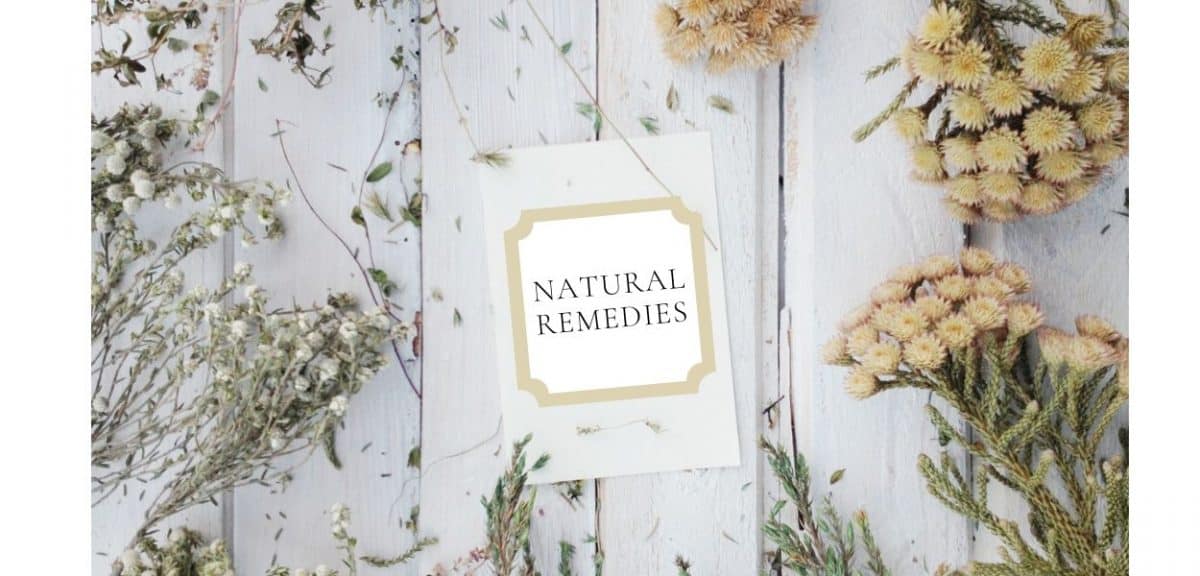Home > Hormones > Hormone health & solutions > Why Are People Sceptical of Alternative Medicine and Natural Remedies?


“The natural healing force within each one of us is the greatest force in getting well. Our food should be our medicine, our medicine should be our food.” Hippocrates
Alternative, complementary or lifestyle medicine. Are you an advocate of using natural remedies or do you completely poo-poo them as hocus pocus that lack plausibility and are a waste of money?
Natural, alternative medicine and therapies are the treatments not thought of, or stemming from legitimate, conventional medical practice, such as; acupuncture, Reiki, meditation, spiritual healing, aromatherapy, homeopathy, Chinese medicine, flower remedies and herbal remedies.
Although thought of as ‘alternative’ today, these treatments have actually been standard practice for hundreds of years around the world.
From ancient times, to today and into the future, there has always been, and will always be two opposing points of view when it comes to maintaining good health.
One opinion is that good health is as a result of outside intervention and the other that good health comes from living in harmony with nature, having the correct diet, clean living, etc.
The Ancient Greeks had names for these two sides; ‘Asklepians’ were those who advocated the intervention approach and they were named after the God of medicine, Asklepios, and ‘Hygeians’ who were those that believed in living in harmony with nature and named after the Goddess of health, Hygeia.
And since the time of the Ancient Greeks both sides have been critical of the other, with today’s modern mainstream western medicine aligning with the Asklepian approach.
Many modern scientists criticise alternative medicine and therapies as charlatanism and the underlying assumptions lack plausibility, e.g., meridians of acupuncture are pure imagination, healing energy of Reiki Masters has no basis in science and homeopathic remedies are not likely to generate biological effect. They also argue that anything alternative that’s been proven to work is, in fact, mainstream medicine.
Additionally, they argue that many of the underlying assumptions of alternative medicine lack plausibility, that any positive result obtained in clinical studies is due to chance, bias, or the placebo effect and as meaningful statistical significance cannot be obtained then complementary alternative medicine cannot be considered ‘evidence-based’.
However, the main problem opponents have to alternative medicine is that, in general, they haven’t been subject to rigorous study, and that in turn, those well-designed studies have proven them to be effective and safe.
Of course, safety is tricky as it never exists as an absolute. After all, a treatment that is safe for some people, can be deadly for others, e.g., penicillin.
As well as the Asklepian viewpoint, there are other reasons why people are sceptical, and hostile towards alternative medicine:
We live in a world where instant gratification and quick-fix diets are just a click away, and this has, in turn, made some people too lazy and spoiled to actually do what it takes to be healthy. After all it’s so much easier to simply pop some pills, or buy that miracle diet shake that will somehow deliver good health, isn’t it?
Take a good look around this world, and notice how many ‘sheeple’ there are. You only need to walk down your local high street to see a stream of clones all trying to fit in and look like everyone else. (Why is that? I just don’t get it?)
And when it comes to alternative medicine, if it doesn’t fit into what society thinks, then some people are unlikely to challenge what they’ve been spoon-fed by the media, the government and drug companies.
One of the biggest reasons why people are sceptical of alternative medicine is simply fear of the unknown.
If it’s not clinically packaged and comes with the backing of the government and several leading scientific bodies then they won’t touch it with a barge pole.
This links with fear. And nothing anyone says will convince the stubborn man to change his mind.
There are two beliefs that prevent people from trying alternative medicine:
In this fast-paced world, most people don’t go a day without some sort of legal stimulant drug or alcohol, such as; coffee, chocolate, Cola, black tea, green tea, Yerba Mate tea and cigarettes.
When you’re already addicted to these easy-to-get legal drugs, embracing prescription or over-the-counter drugs is the easy option and natural choice.
In 1893, Clark Stanley created a stir at the Chicago World’s Exposition with his snake oil, and created an entire empire that was based on a lie, i.e., snake oil that didn’t actually contain any snake oil. Since then ‘snake oil’ has been symbolic of fraud.
And when it comes to natural health products there are an awful lot of snake oil salespeople making false claims and selling dubious products.
Is there any wonder then that people are sceptical?
Bizarrely, and wrong though it is, some people are sceptical of alternative medicine and therapies simply because they weren’t developed and validated by a man in a lab coat.
Ironically, these same men in lab coats that discredit alternative medicine are being dispatched by drug companies to every remote corner of the world to discover the secrets of tribal, natural medicine to synthetically replicate and patent them.
Natural, alternative medicine generally has less, or no side effects when compared to its chemical counterparts. This is because they have been made from products taken out of nature, normally plant or root extracts, without being refined and have been used for generations. And because the medicine is made from natural ingredients, they work with the body, not against it.
By using natural, alternative medicine you get help from both Mother Nature and man.
In a perfect world, there is a place for both conventional and alternative medicine to work hand in hand, where the alternative treatment helps alleviate some symptom of the conventional treatment.
However, as with everything, it’s always best to talk to your doctor before trying any alternative treatments or medicine, especially if you are taking conventional medicine, as the alternative medicine could interfere with the conventional.
Some herbal remedies that state they can improve memory, raise metabolism, cur heart disease or even cancer should be taken with a proverbial pinch of salt.
And remember to be wary of the snake oil salesmen.
Whatever form of medicine you decide to take, conventional or alternative, it’s important to know what you’re letting yourself in for and in today’s switched on world, ignorance is not an excuse.
Until next time darlings.
Claire
Xx
Natural medicine

-


Dr Singh is the Medical Director of the Indiana Sleep Center. His research and clinical practice focuses on the myriad of sleep.

How do you know when your ovulation is over? Ovulation is a key part of a woman’s menstrual cycle, but what is it, and what are the signs you already ovulated? The first step is understanding how ovulation occurs and

What is anovulation? As we discussed earlier, anovulation is when the ovaries fail to release a mature egg during the menstrual cycle. Many women experience at least one anovulatory period during their lifetime, but if you chronically have no ovulation

Does ovulation make you more horny? When considering the question, “Does ovulating make you horny?” the answer comes from the body’s biological functions during the menstrual cycle. As we touched on earlier, there are two phases in a woman’s menstrual
Hormona© 2024, All Rights Reserved

Say hello to Hormone Support, a daily supplement designed to address the most common hormonal symptoms tracked in our app.